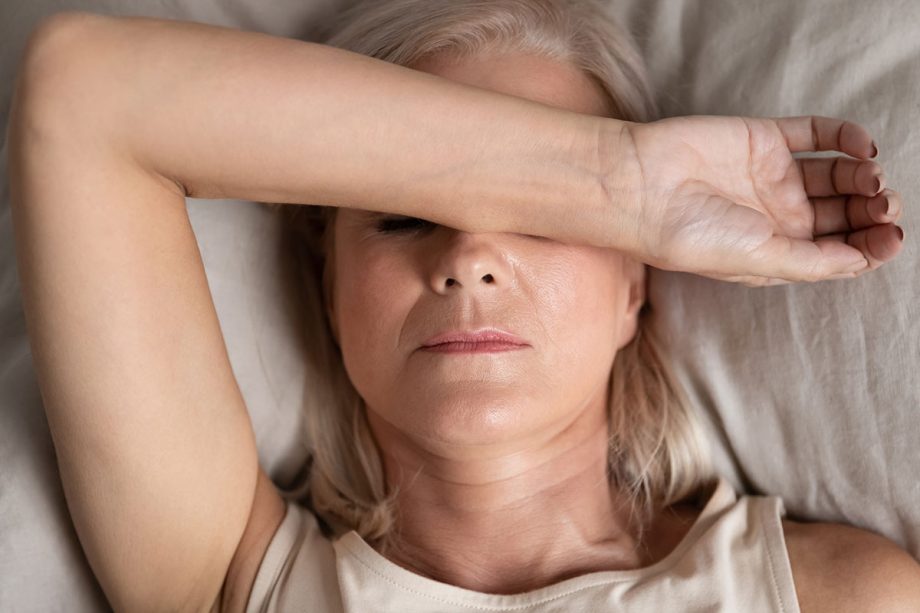Sleep apnea can have a dramatic impact on your overall quality of life, but you may suffer with it for years before you’re ever diagnosed. When you have obstructive sleep apnea, your breathing becomes shallow or pauses altogether while you sleep. This jolts your body out of deep sleep, but most people have no recollection of this occurring—even if it happens dozens of times throughout the night. Treating sleep apnea is important, but in order to treat it, you must first know the signs to look for.
Signs of Sleep Apnea
The most obvious sign of sleep apnea is snoring and pauses in breathing during sleep, but unless someone else observes these symptoms while you’re asleep, you’re unlikely to notice them yourself. You may, however, notice that you wake up gasping for air or feeling like you’re choking. This occurs because when you sleep, the soft tissues in your airway become relaxed and block the flow of oxygen.
Here are some other signs of sleep apnea that you should be aware of:
- A sore throat when you wake up
- Morning headaches
- A persistent feeling of exhaustion and sleepiness, even with eight or more hours of sleep
- Trouble focusing
- Mood disorders, including depression and anxiety
- Difficulties with school or work
If you’re experiencing any combination of these symptoms, you may need a sleep study to determine if you have obstructive sleep apnea.
Consequences of Untreated Sleep Apnea
Sleep apnea makes it difficult for patients to live their lives to the fullest. Getting eight hours of restorative sleep each night is important for our overall well-being. Without it, you feel lethargic and irritable; you may struggle to concentrate at work and find your performance slipping. The sleep deprivation caused by obstructive sleep apnea even puts you at a higher risk of a car accident.
There are long-term health consequences of sleep apnea as well. Increased risk of heart attacks, type 2 diabetes, and strokes are all associated with sleep apnea. It’s also believed that sleep apnea increases blood pressure and the level of stress hormones in the body. It’s no wonder why patients with sleep apnea feel so lousy all the time!
Best Sleep Apnea Treatment
The good news is that there are effective treatments available for sleep apnea. Although you’ve likely heard of CPAP (continuous positive airway pressure) machines, dentists have another sleep apnea treatment available that many patients find more comfortable and less cumbersome to wear every night—oral appliance therapy.
Oral appliance therapy is similar to a mouthguard or night guard, but its purpose is to engage the muscles in your airway to keep the soft tissues from relaxing and blocking your breathing. These oral appliances are easy to wear and keep clean, and they’re also much easier to bring with you when you travel than a CPAP machine. If you have only mild to moderate sleep apnea, we recommend oral appliance therapy before CPAP therapy.
Learn More About Sleep Apnea
Do you think you might have sleep apnea? Have you been diagnosed already, but you find sleeping with a CPAP machine uncomfortable? Contact us today at 949-916-7800 to schedule an appointment for a consultation.

